Take a break from the slopes to do a little après-ski exploration and you’ll find that some of Europe’s most deliciously cosy destinations are all snuggled up in the French Alps, where ancient pavlova-like mountains descend into inky glacial lakes, and where pastel-shaded houses rise from quaintest cobbled streets.
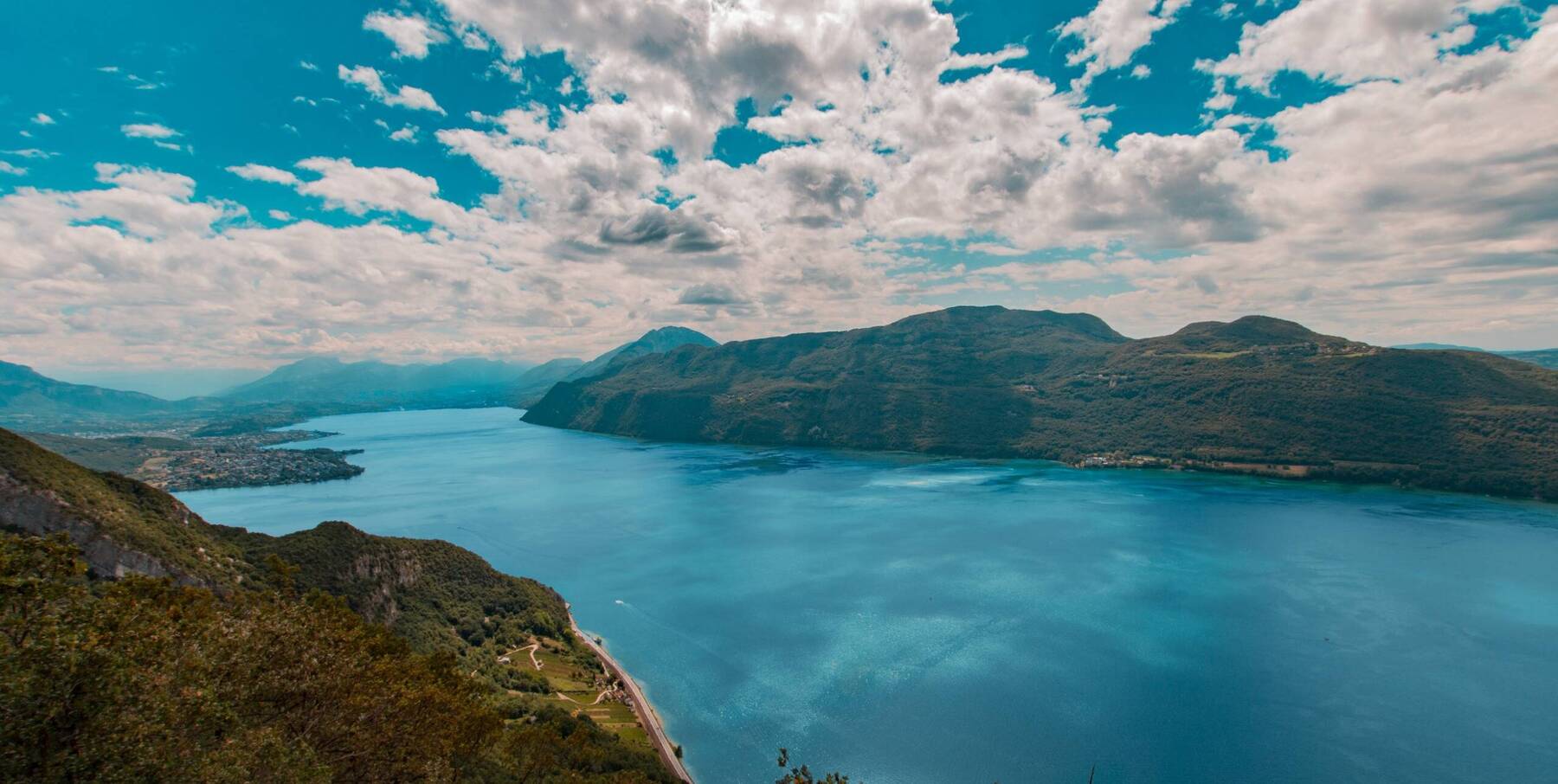
Aix Les Bains Lake
Credit: Simon Mercier
Evian-les-Bains: Relax and Unwind…
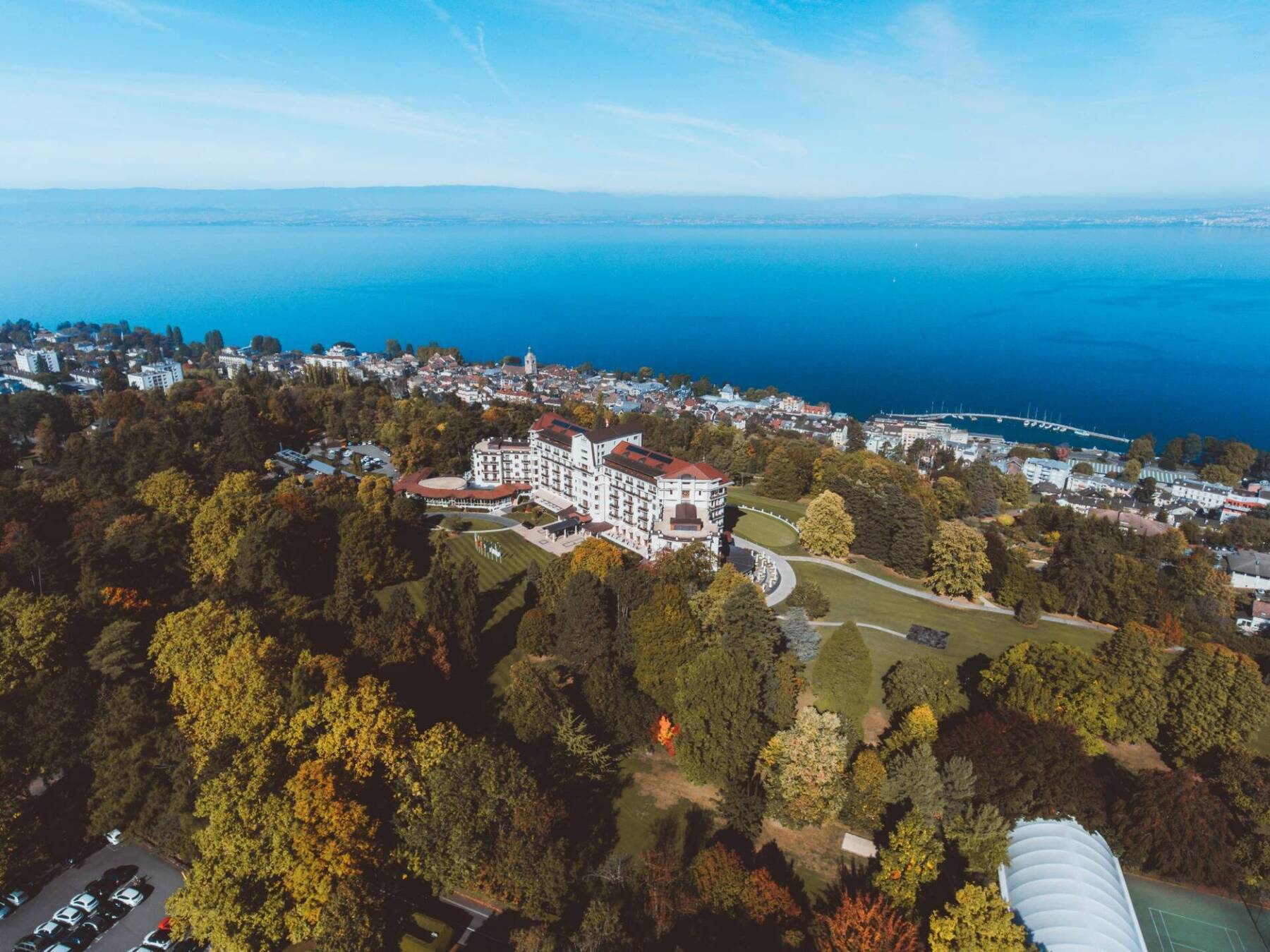
Evian Les Bains - Hotel Royal
Credit: Bainhumphrey Muleba
Annecy: The Venice of Savoie?
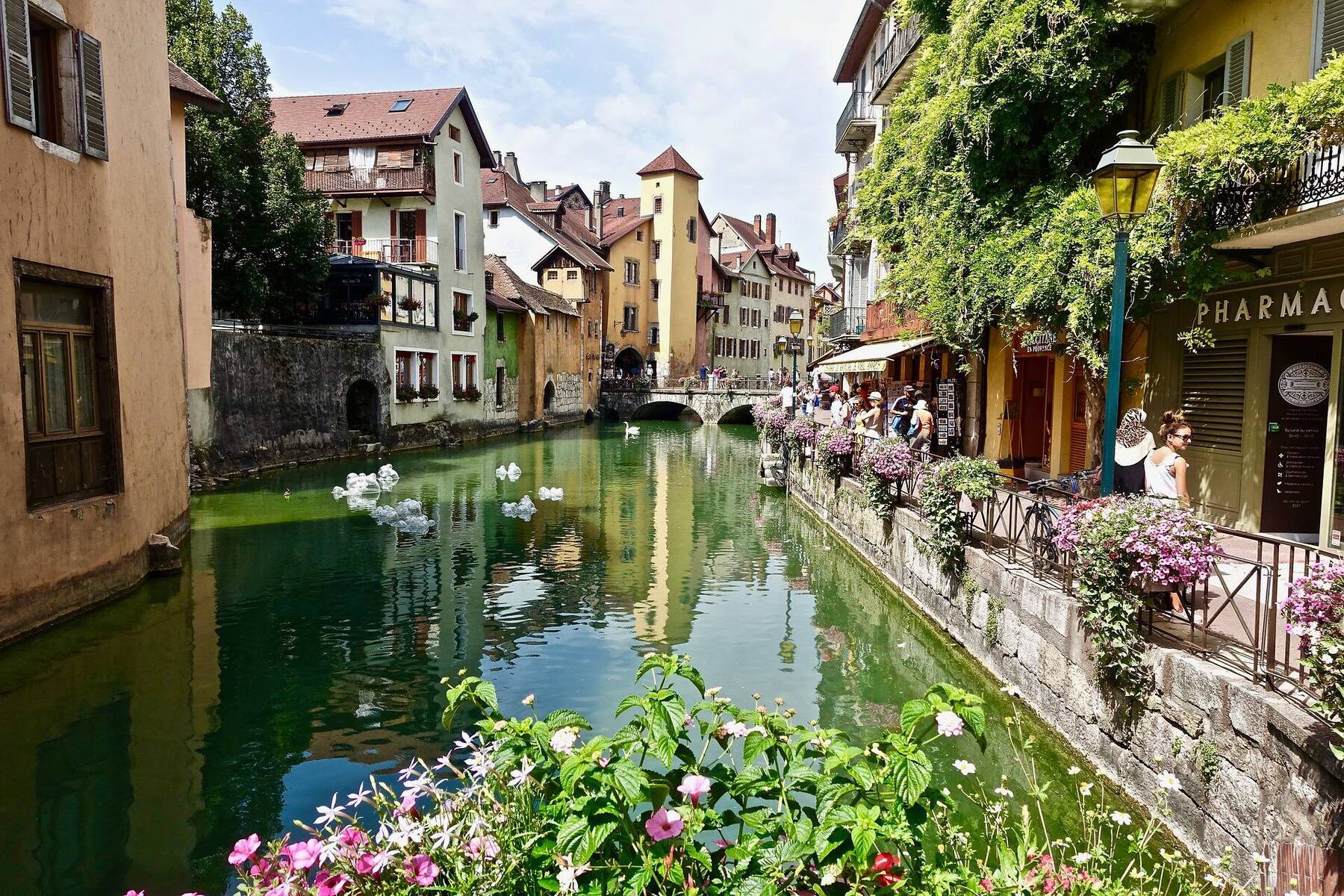
Annecy Old Town
Chamonix: Queen Of Après-ski
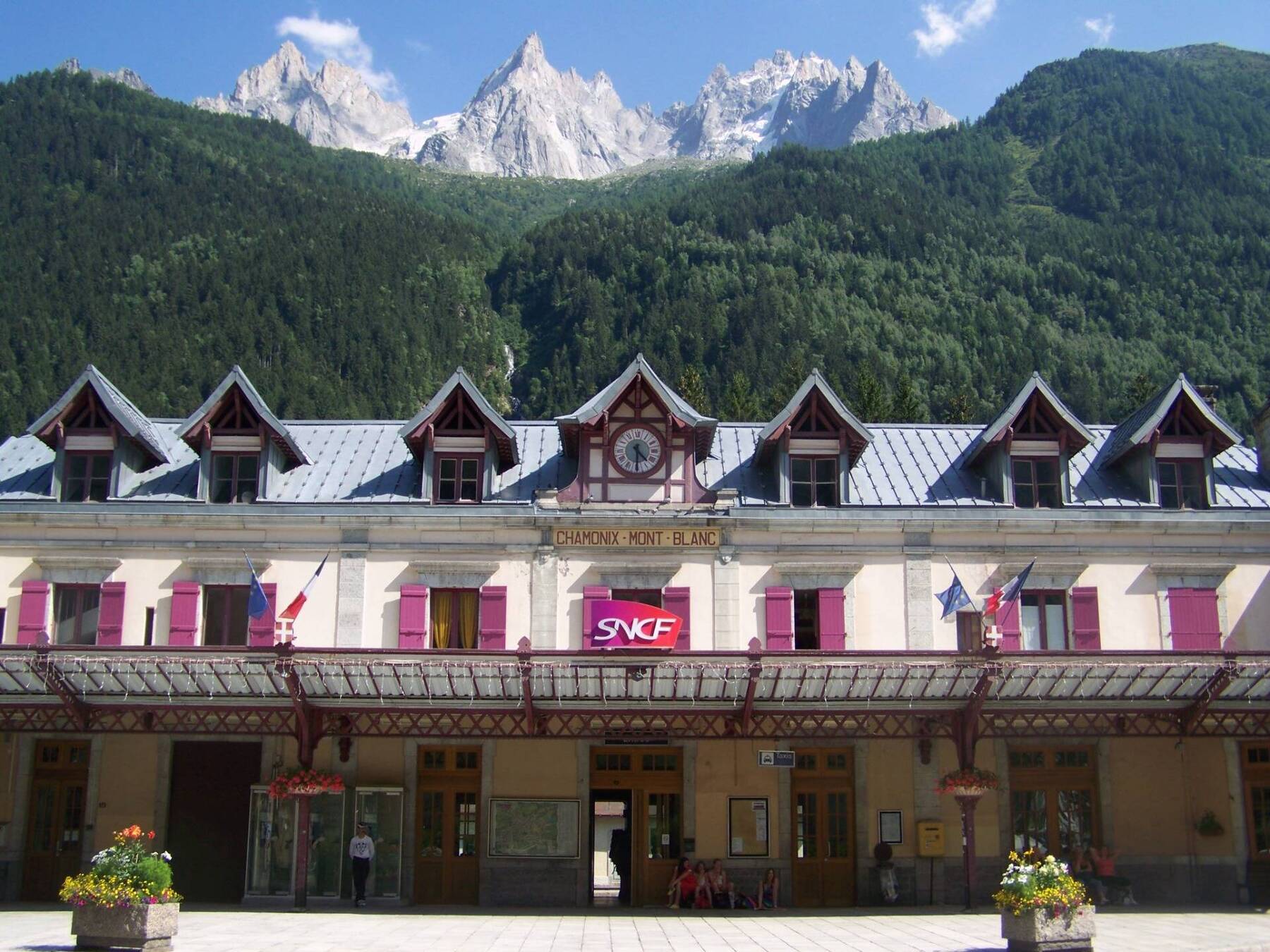
Chamonix - Gare de Chamonix
Grenoble: The Capital of the Alps
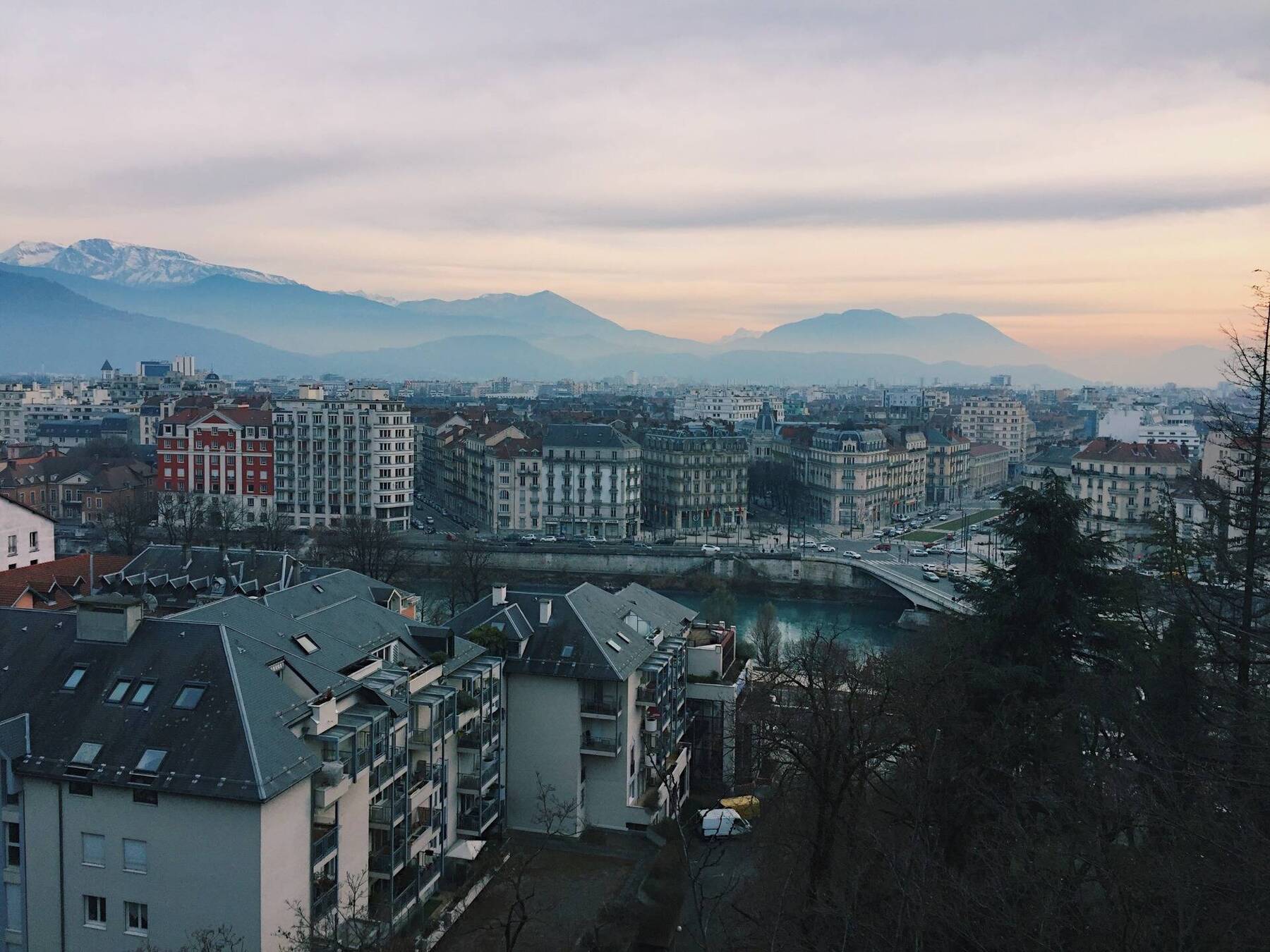
Grenoble
Credit: Nicole Herrero
Become a member to join the conversation!
Become part of the world's leading travel & lifestyle community!
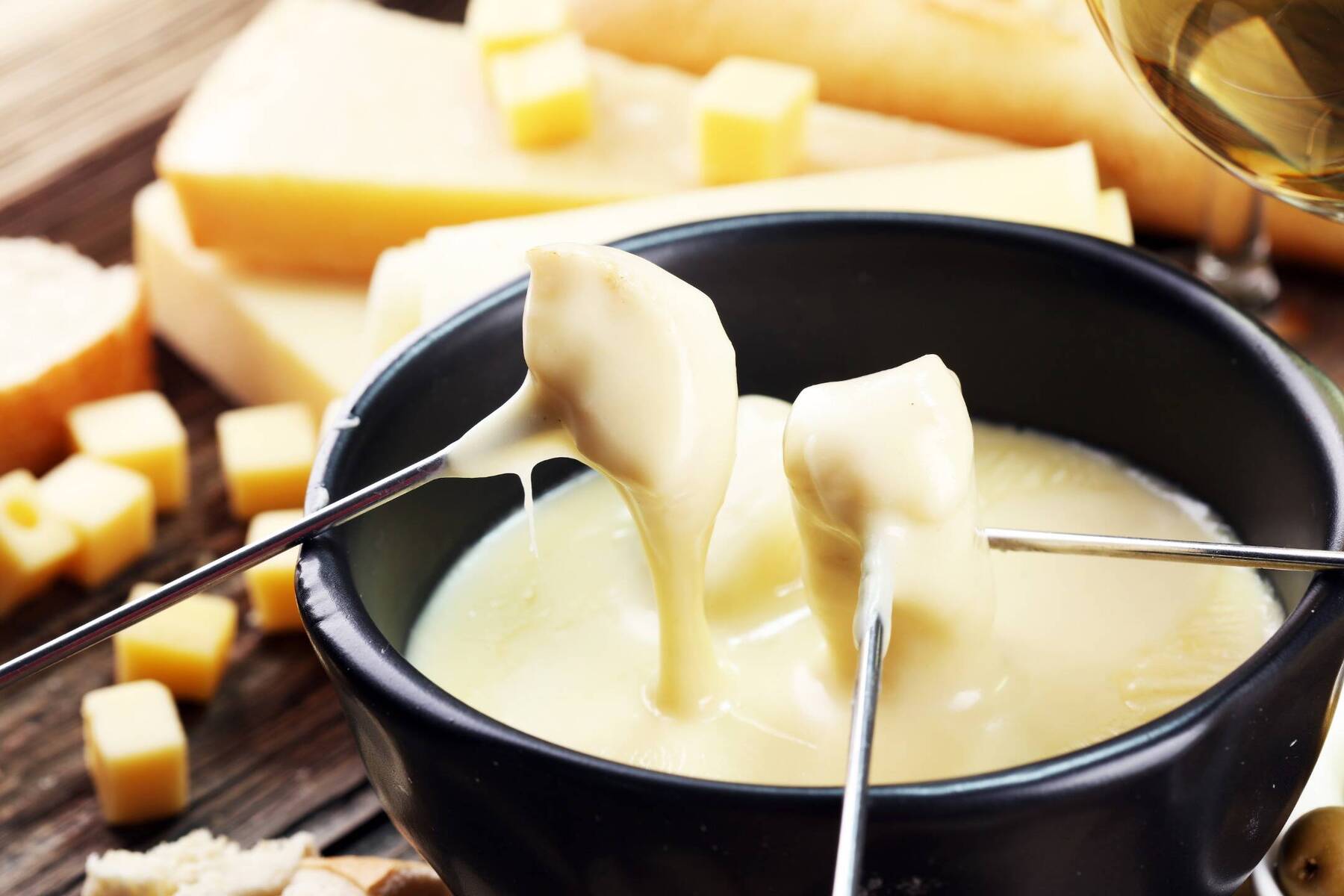
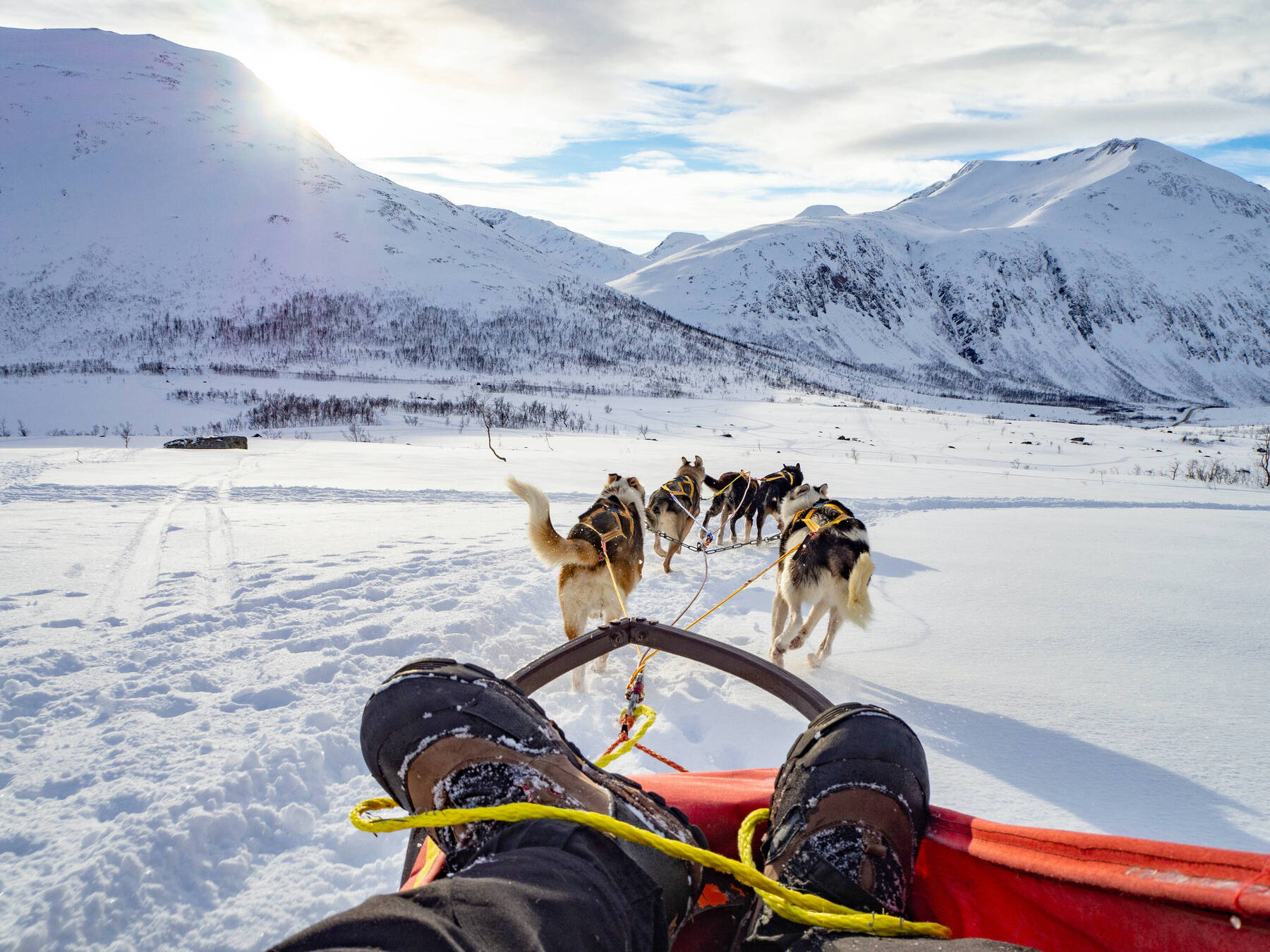
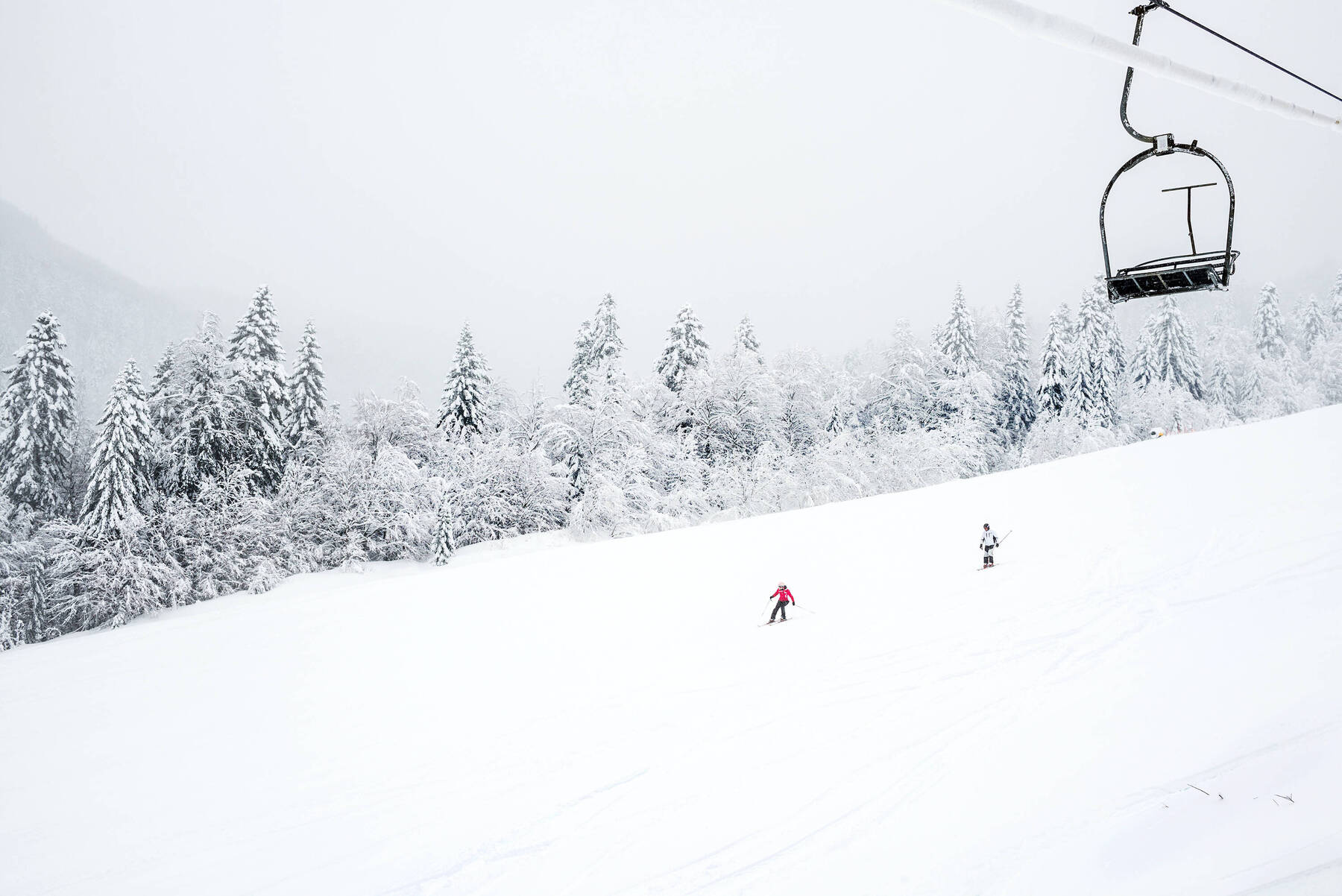

Comments